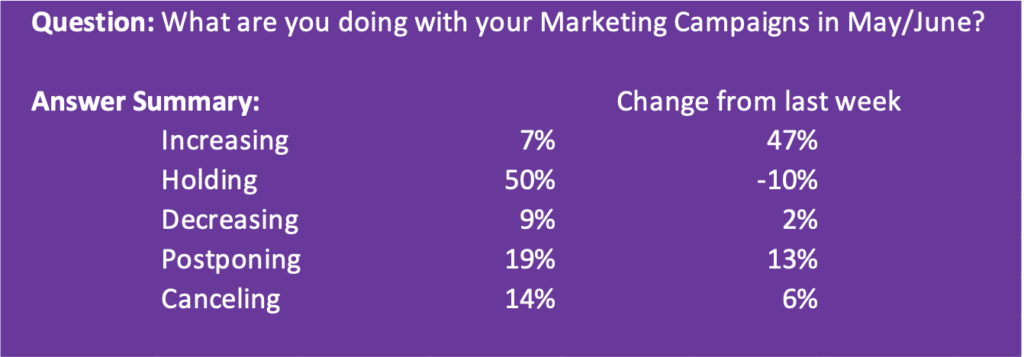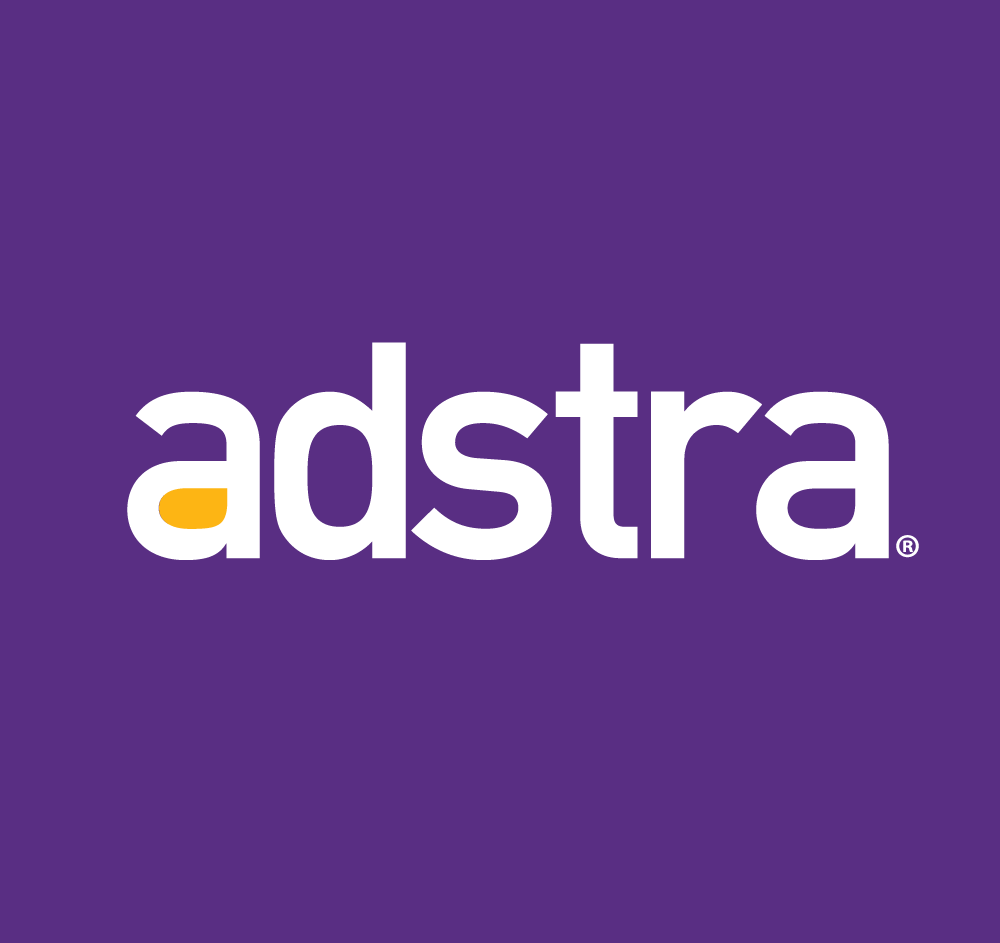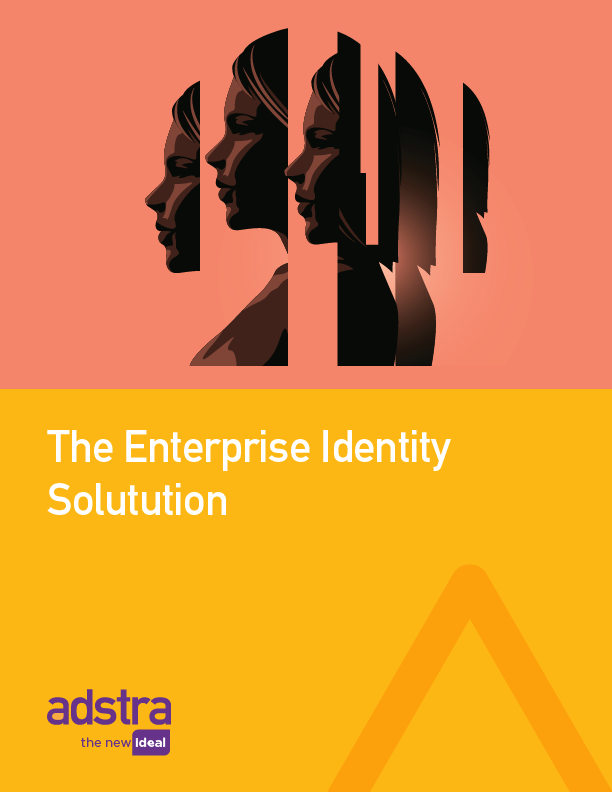
“I don’t accept the status quo. I do accept Visa, MasterCard, or American Express.” – Stephen Colbert
As the world around us continues down a path in unknown territory, it is becoming more apparent that living with the status quo is not a path that will lead to much success. The balance of course is between action and learning and our goal in “Ideal Insights” is to continue to accelerate the learning so you can accelerate the action, be it for your own business or for our greater community.
Last week we shared some interesting findings from our client base. Who was maintaining their level of marketing and who was changing be it more or less. As we reflect back a week later, we are seeing movement in the number, both up and down. More folks are increasing, and more folks are postponing or cancelling. What is clear is that folks are taking action and not settling with the status quo.
This week’s survey:

Driving these decisions is the diligent efforts our clients are making to assess results of current campaigns. As one might expect the results are varied, mostly related to verticals and cause. On the non-profit side for some clients we are seeing very positive results on donation cash receipts, fueling the growth in campaign activity.
With the continuous change in the world in which we are marketing, it is also becoming clearer that the models we are using to drive our campaigns are at risk to show weakening performance. Changes in behaviors mean changes in the models used to predict behavior and response of a target audience. Additionally, changes in the media customers are engaging in and the market messaging that companies are rolling out will also have an impact on the audiences that respond. All this points to the need to accelerate your efforts to double down on your analytics, be it multivariate testing of new creative or model rebuilds on direct mail or digital audience targeting. The risks of the status quo are higher than ever before, so now is a great time to explore new ideas and approaches. At ALC, we are playing our part in helping this exploration by offering access to a broader array of customer data and identity attributes in an economic structure that can significantly reduce data costs and the financial risks associated with testing. Now is a time to invest in learning and breaking the status quo. Same approach and same cost is less likely to drive needed revenue growth or even retention.
ALC in Action:
As many of you know, ALC is trying to do its part in helping meet the COVID-19 challenge. ALC is making their Data Essential files – a comprehensive demographic view of the US – available at no cost to those working to address the COVID-19 crisis in non-commercial ways. Since last week we have had 14 inquiries and have already approved and started with 9 of them, including work to support state and federal agencies as they respond to COVID-19 both directly and through partnerships with universities and private enterprises. Once again here is our offer announcement:
ALC Provides Data Essential File at No Cost to Those Working to Address the COVID-19 Crisis
If interested, email COVID19Response@ALC.com for more details.
In addition, ALC is actively supporting efforts to change the practices of the leading browser organizations that are limiting our ability to address today’s challenges. The COVID-19 pandemic is creating significant problems with publishers – local journalism in particular. We have seen reports of 50% declines in revenue for local news media that provides a needed public service, especially in times of crisis. Jason Bier, our GC and Chief Privacy Officer has been involved in communicating ALC’s deep concerns with the trajectory of pay cuts and furloughs alongside Apple’s March 24th announcement that they have stepped-up third-party cookie blocking. Apple’s control of 50% of the mobile browser market through its default install on iPhones is causing a massive script block across publishers around the world. Jason’s advocacy through social media and today’s podcast, Humanity Uploaded, are educating government and the public on the serious threats to news organizations. The Google/Apple duopoly is extremely powerful, and we need to change their behavior so that advertising, which makes up 80% of all revenue for news sites, can once again support such a critical need.
Jason Bier on – Newsonomics: what was once unthinkable
Articles of Interest:
As noted before, our insights are only a small fraction of what is being shared out there. Here are some other interesting articles and opinions we thought might create new discussions on what to consider when moving away from the status quo.
- If you want a real time finger on the pulse of US Sentiment around Covid-19 and its impact, we point you to the work the folks at Fluent are doing. Thanks to Matt and Ryan for sharing.
Fluentpulse.com/covid-19
- George Deeb in Forbes shared some good perspectives on how to think about your marketing spend in light of the changes that may be hitting your topline revenue results
Reset Your Marketing Campaigns In The Wake Of Coronavirus
- Daphne Howland had an interesting perspective on considering what the post COVID-19 world might look like and things we should be considering now to be better positioned down the road
The Consumer after COVID
- Kunal Gupta penned an interesting piece on LinkedIn discussing lessons from previous recessions, citing data from Kantar media
The History of Advertising During Recessions
As always, we look forward to keeping you up to speed with useful and actionable info that can help us all get through this together. Stay safe.



